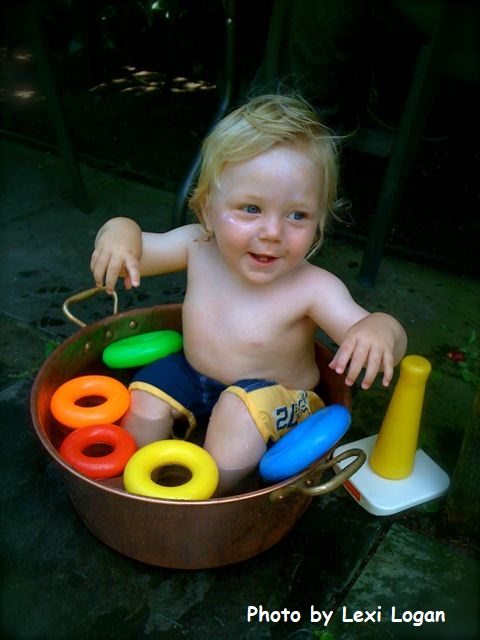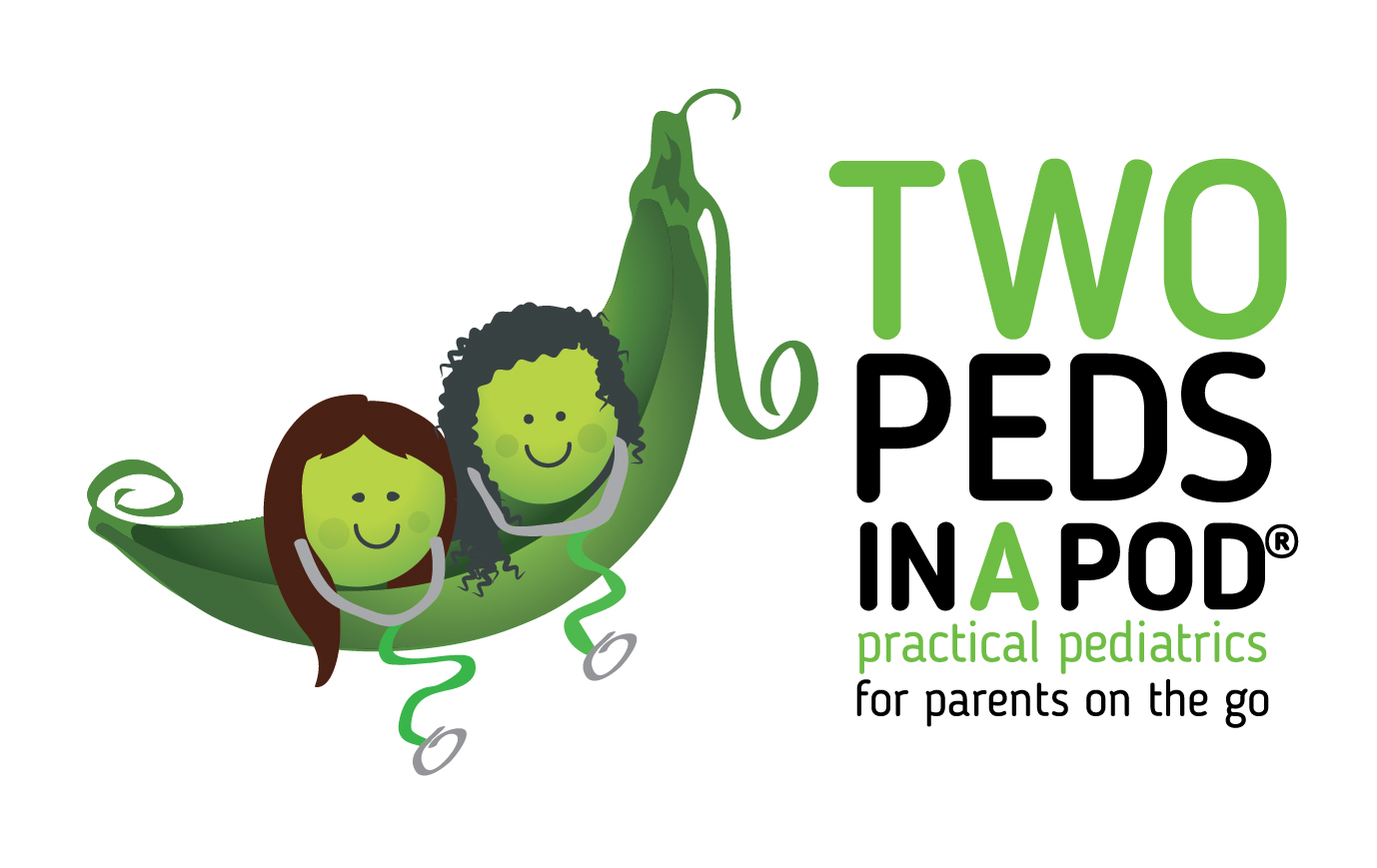
One way to cool off your toddler.
Time-out is over and your 18-month-old is still flailing on the floor in a full blown temper tantrum, pig-tails flying and tears streaming down her face. Will her tantrum ever stop?
“Time out is over,” you say, trying to console her, but she continues to cry. She cries so long she forgets why she started.
Here are ways to help your heated up, frustrated toddler “cool off” if they seem stuck in a tantrum:
Offer a favorite stuffed animal or “blankie.”
Gripping his familiar comfort toy often helps the toddler to “get a grip” on his emotions during a tantrum. Try to buy several of the same animals and switch off, otherwise you will soon have a pretty grubby toy. If your child’s comfort “blankie” is starting to unravel, cut it up into smaller pieces and sew the pieces onto new fabric.
Don’t feel guilty about giving a binkie/pacifier.
Otherwise known as “the magic cork,” at this age, binkies do no permanent harm to teeth and they will soothe a flustered kid. Thumb sucking is also an effective, benign self-soothing technique at this age. Please see our binkie post for more about binkies and when (and how) to wean, and listen to our earlier podcast for more about thumb sucking.
Go outside with your toddler.
A change of scenery and temperature works instantly to distract your toddler from his woes. Even bad weather works. Dr. Lai remembers many times huddling under a blanket on her porch with her children as it snowed.
Just walk.
Start walking around the house carrying your kid or holding his hand. Or marching. Or “funny-walking.” Sing a silly tune as you go. Your toddler may catch your silliness and forget his woes. If this is not enough, march outside.
Sit down and start playing WITHOUT your toddler.
Work a puzzle. Make toy cars drive around. Set up stuffed animals for a party. Color a picture. Your toddler may forget his tantrum and instead may become curious and want to join you. Remember, “time in” is much more attractive than “time out.” Keep bubbles on hand. Blowing bubbles not only distracts, but like the breathing techniques in yoga, blowing bubbles helps toddlers relax.
Read a book.
Make it a habit of reading during soothing times such as bedtime, quiet time, or before nap time. Your child will learn to associate this activity with feelings of peace. When your toddler is “stuck,” reading her a favorite book will return feelings of calmness. In general, reading books about emotions will also give your child a vocabulary to express himself. The inability to communicate to you her emotions will escalate frustration. After she is calm, use books to teach “what to do next time.” For instance in one of Dr. Lai’s favorite books, When Sophie Gets Angry—Really, Really Angry by Molly Bang, the main character Sophie explodes like a volcano. Ask your child when you read the book,”What can Sophie do instead of exploding? What would you do?”
Below are a list of suggested books about emotions complied by Librarian Pat Stephenson, hostess of the Bensalem, PA Play and Learn parenting series.
Hands are not for Hitting, by Martine Agassi
Feelings, by Aliki
Squish Rabbit, by Katherine Battersby
Teach your kids to think! by Maria Chesley Fisk
Grump, Groan, Growl, by Bell Hooks
Understanding myself: a kid’s guide to intense emotions and strong feelings, by Mary C. Lamia
Any book written by Mister Rogers
Calm Down Time, by Elizabeth Verdick
Feeling Sad, by Sarah Verroken
Alexander and the Terrible, Horrible,No Good, Very Bad Day and other Alexander books, by Judith Voist
I Love my New Toy! By Mo Williams
As we discussed in our prior Toddler Discipline post, “Time Out” is an effective form of discipline. But there is a difference between disciplining your child and teaching your child self calming techniques. When time out is over, it’s over. Help him move on.
Julie Kardos, MD and Naline Lai, MD
©2015, 2011 Two Peds in a Pod®



